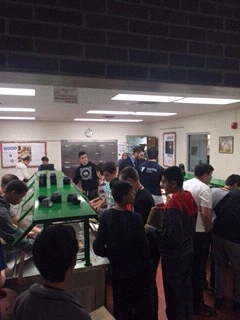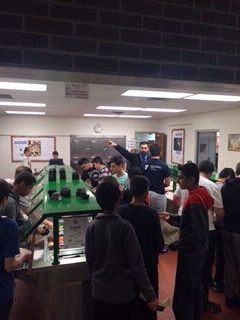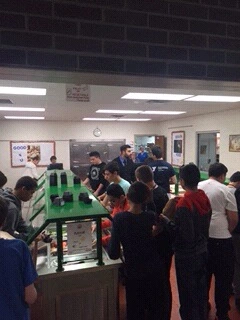Accessibility is key
Earlier today, my friend (and world class educator) Pernille Ripp posted the comment “How often do we assume that our admin will say no to our ideas rather than just ask?” I replied “too often,” and have been thinking about the exchange ever since.
As a leader, I strive to be visible. However, “visibile” and “accessible” are not synonymous. It is important to be present, but it is more important to foster the kind of trusting relationship with people that allows them to share ideas or opinions. Anyone can be the leader who congratulates someone for a personal or professional achievement. The real measure of how much people trust you rests in how often or willing they are to come to you when they are facing a challenge or want to try something new.
You only have “an open door policy” if people are walking in to talk with you about what is on their mind – good or bad.
Take time over the next few weeks to reflect on the conversations you have with your people. Do they share the good and the bad? Do they propose a new idea? Focus on being accessible, which is a step beyond visible. The best ideas and innovations in our schools happen in our classrooms. Listen. Then listen. Then, listen some more. Reflect on what you’ve heard. If there is silence, ask why.
For those reading who want to approach heir leader with the ideas that Pernille was referring to: We (leaders) want to hear from you and want to hear your ideas. If I could make some requests: please be up front, do you want to share an idea, or are you asking us to help you refine something? Please be open to the idea that I might need some “think time” after we talk, you’ve been thinking through whatever your sharing with me for some time, it’s still new to me. And, please take a minute and write it down, even if it is just for you. If you can write 1-2 paragraphs about your idea, it’s developed and ready to be shared. Lastly, please don’t assume how I feel about something because I ask questions. I’m trying my best to think through what you have shared.
Pernille is right, your leaders want to hear your ideas.
Let’s talk, together we’re better.


